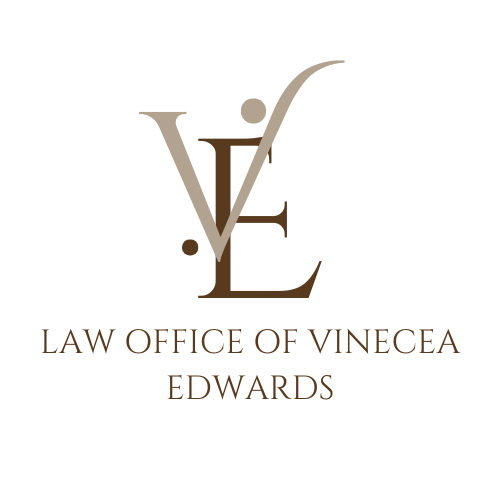
Frequently Asked Questions.
Do I really need a lawyer, or can I handle this myself?
You are certainly able to attempt to resolve your legal matters yourself, such as small claim disputes, basic contracts, or certain business filings. However, if the stakes are high, the legal documents are lengthy, you're dealing with government or corporation contracts, or the other side has legal representation, having a lawyer will help you protect your rights, avoid costly mistakes, and often save you time and money in the long run.
What are my chances of winning or getting a favorable outcome with my case?
Every case is different. The strength of your case depends on the facts, the tangible evidence, the applicable law, and sometimes even the court or judge involved. With a strong case, you have a higher percentage of favorable outcome’s but possibility is not a guarantee. An attorney can review your situation, assess risks, and give you an informed opinion. No lawyer can (or should) promise a specific outcome.
What rights do I keep if I sign with a record label, publisher, or production company?
Depends on your signed contract. Some deals give the company ownership of your produced/created work, while others let you keep rights but grant them certain usage or profit-sharing rights. Always have a lawyer review the terms before signing. You need to understand whether you’re giving up ownership, creative control, or future earnings.
How long do I have to file a lawsuit, after my accident?
This time limit is called the “statute of limitations,” and it varies by state and by the type of claim. For personal injury, it’s often between 1-3 years from the date of the accident, but it can be shorter or longer. If you miss the deadline, you usually lose the right to sue, so it’s important to act quickly.
Do I need to trademark my business name and logo?
You don’t have to trademark them, but doing so gives you stronger legal protection. Without a trademark, your rights are generally limited to the geographic area where you operate. A registered trademark gives you nationwide protection and helps prevent others from using a similar name or logo.
What do I do when a contract is breached?
First, review the contract terms carefully. Some agreements require you to give notice and a chance to fix the breach before taking further action. Then, document everything and contact a lawyer to discuss your options. Depending on the situation, you may be able to negotiate a resolution, demand performance, or file a lawsuit for damages.
